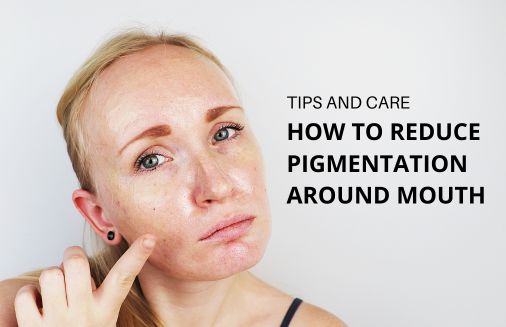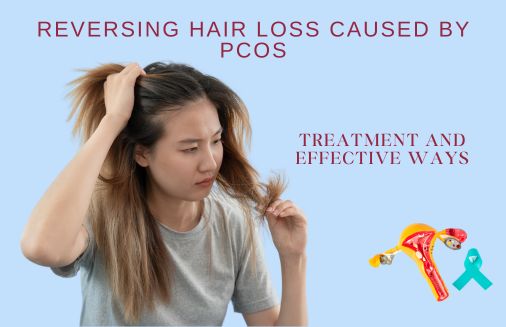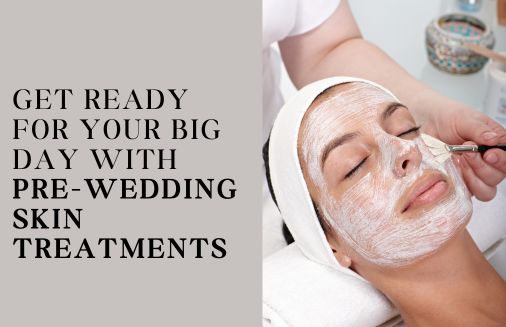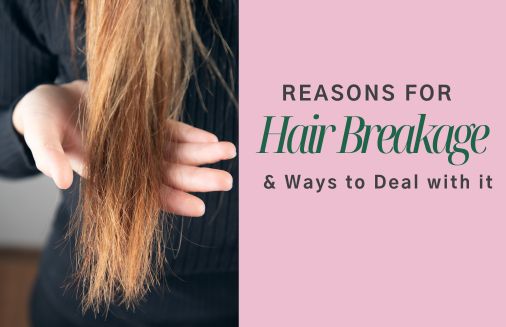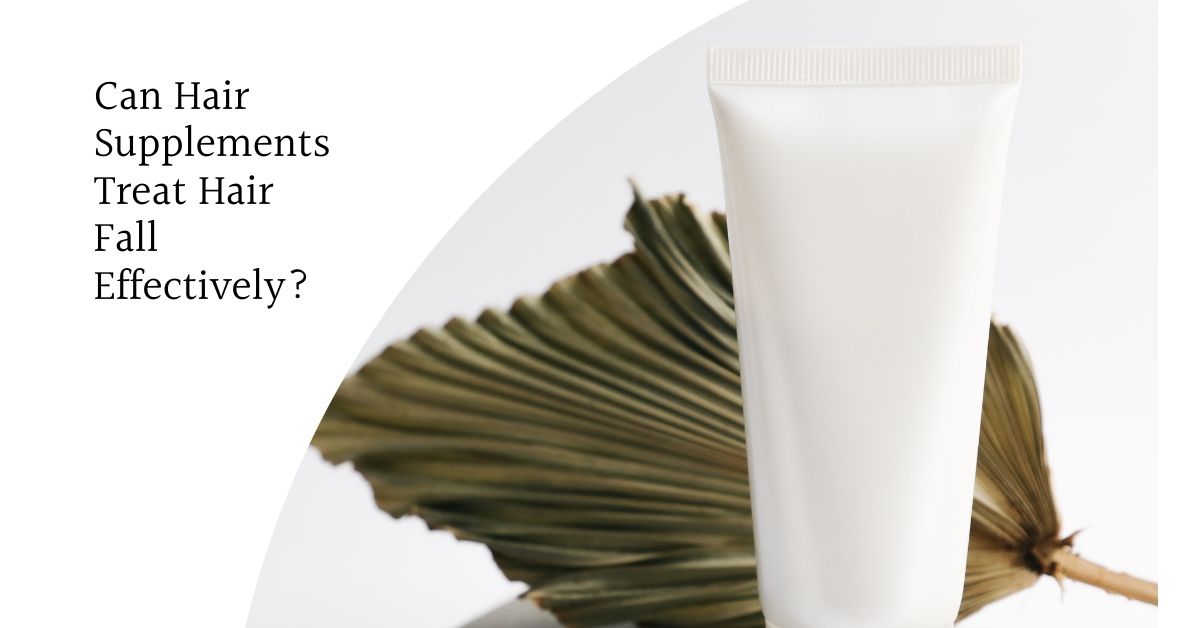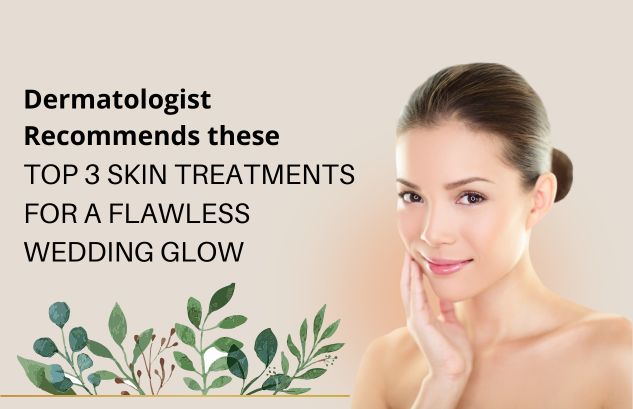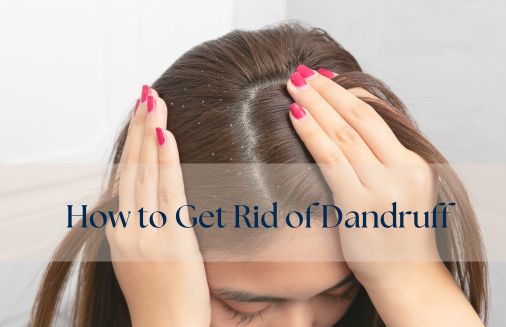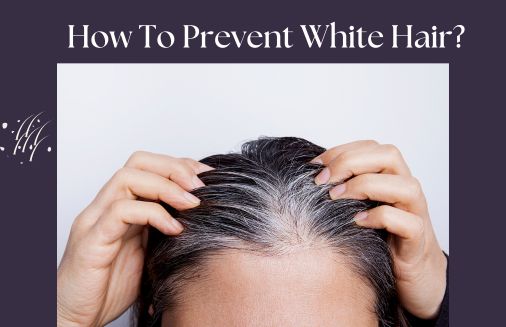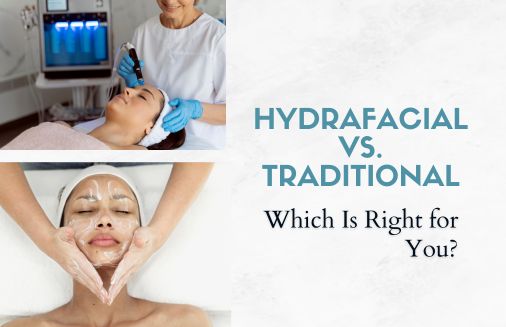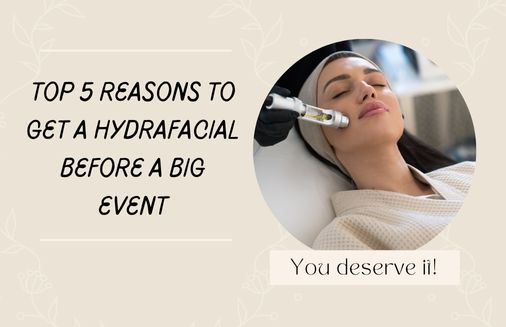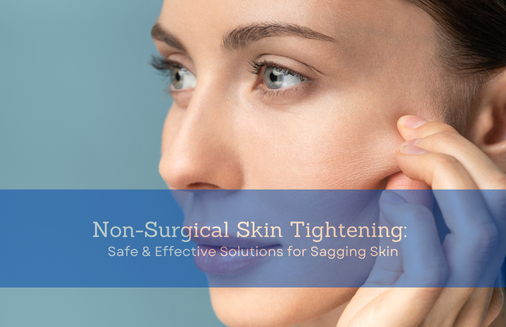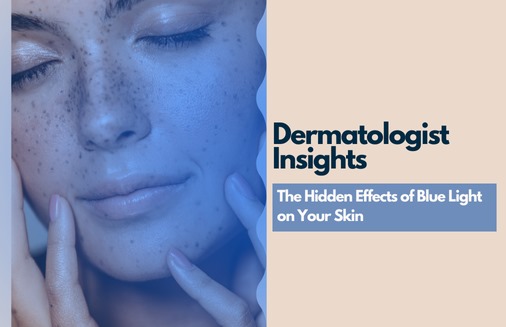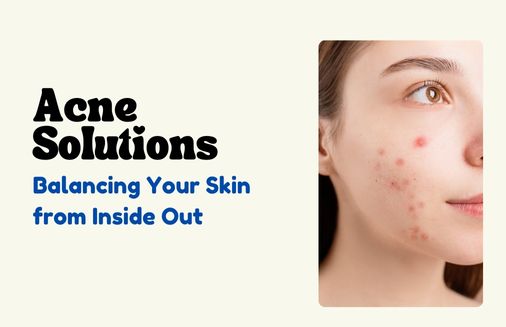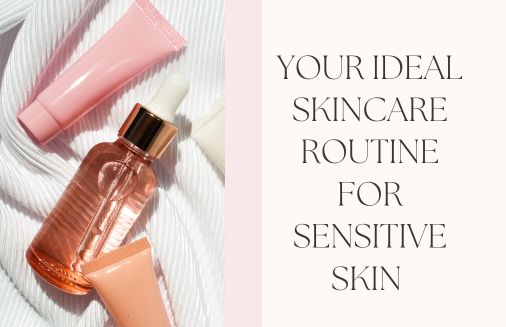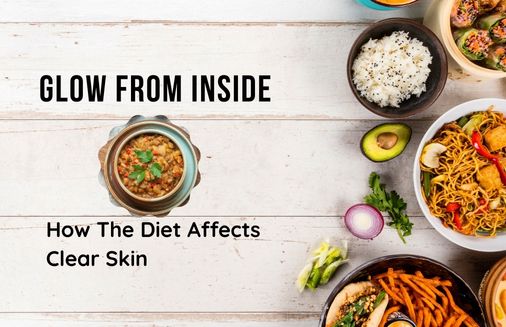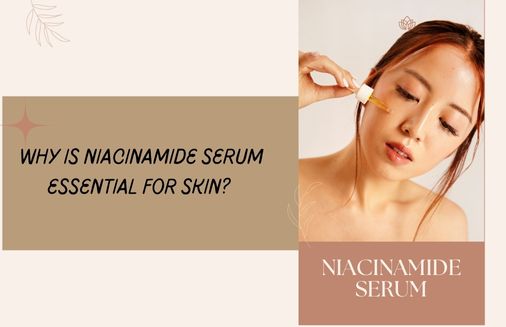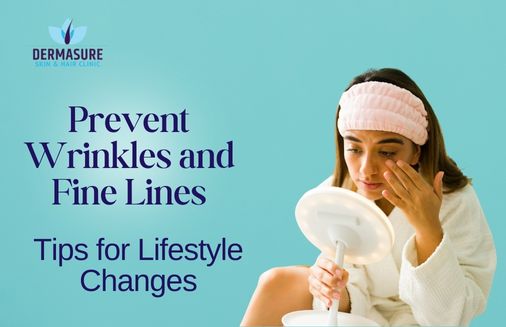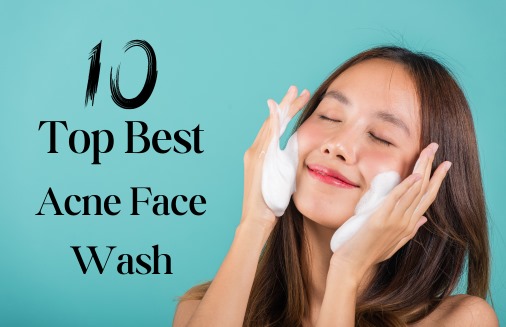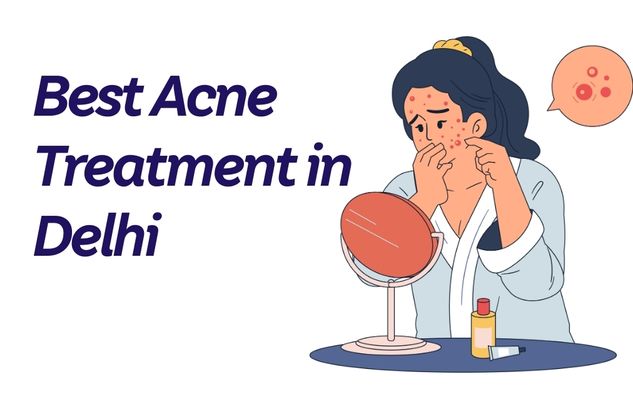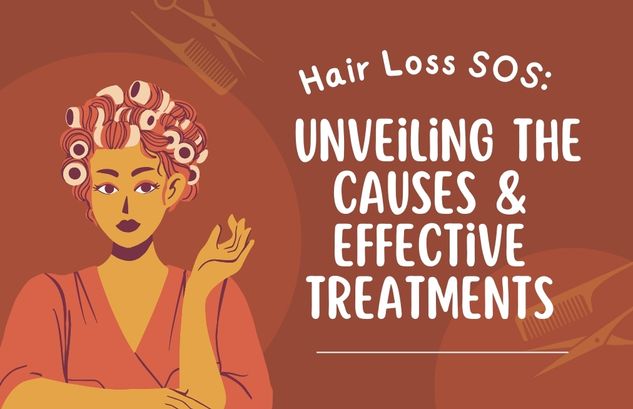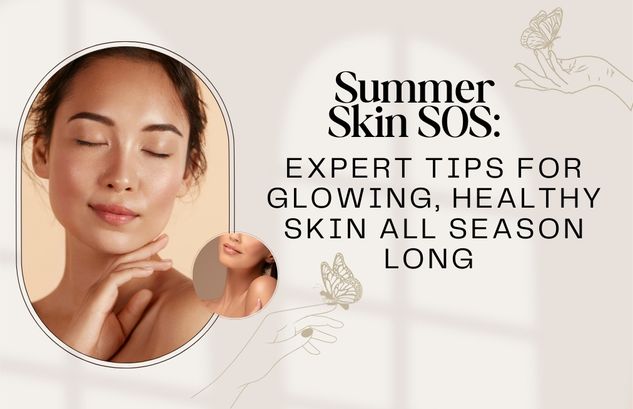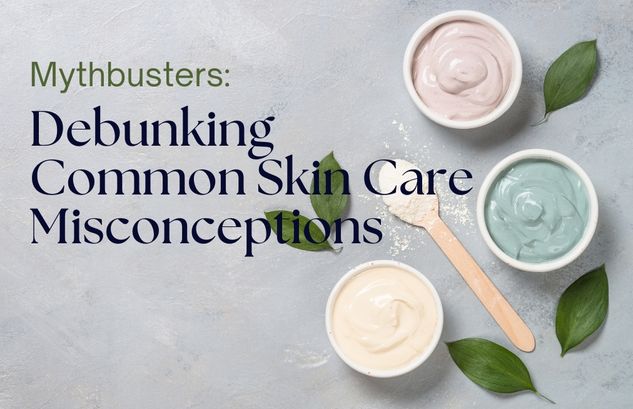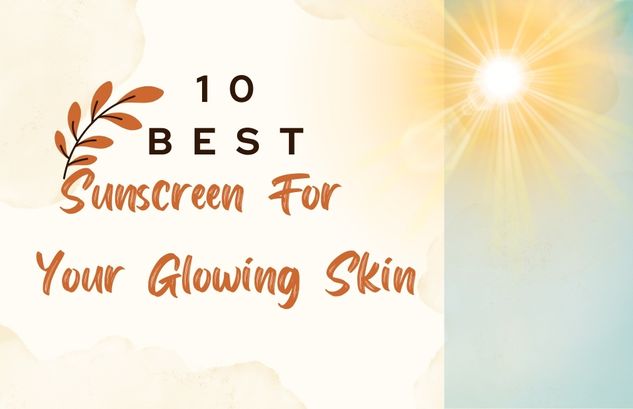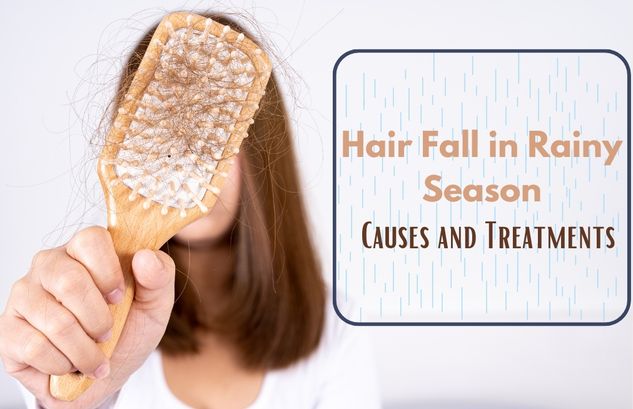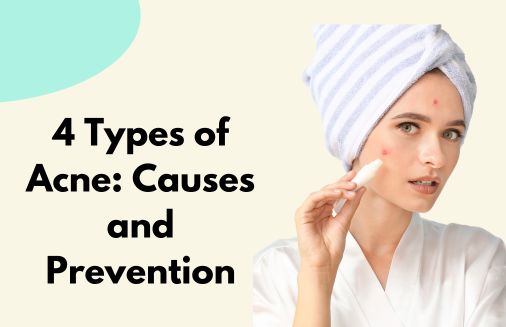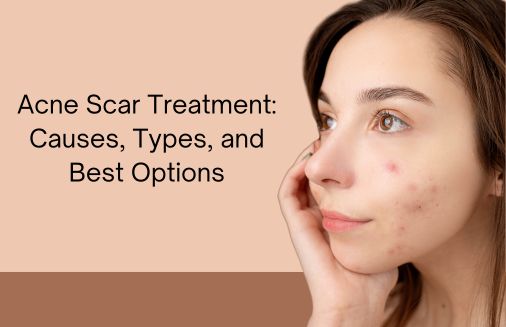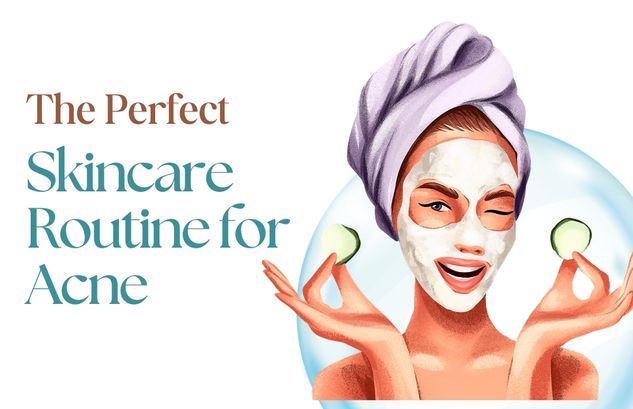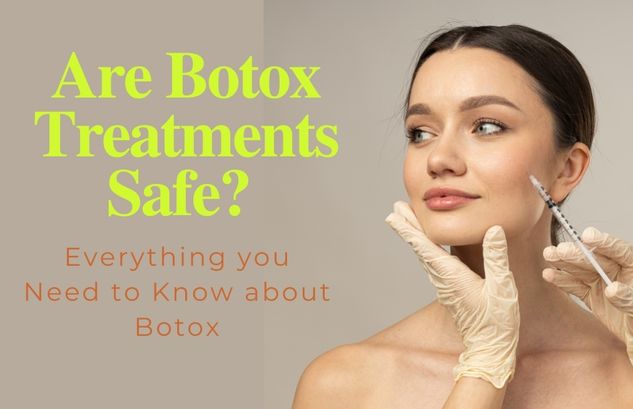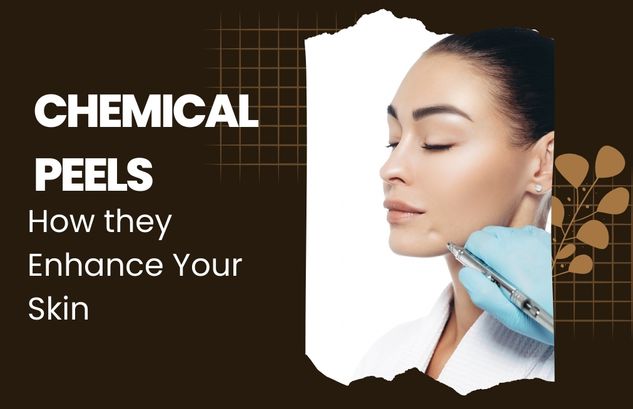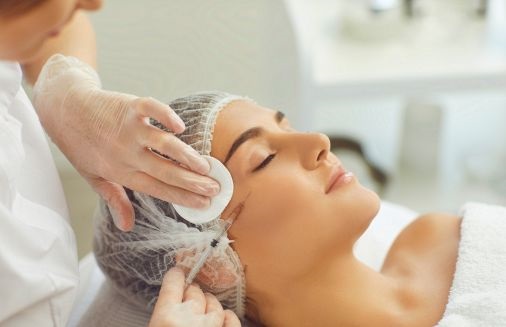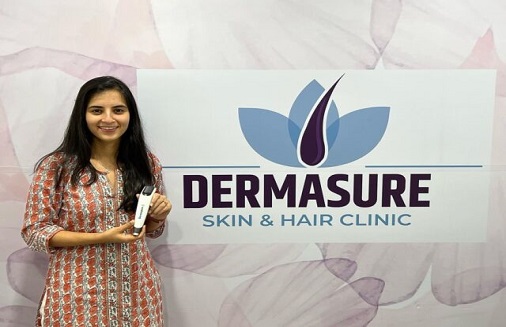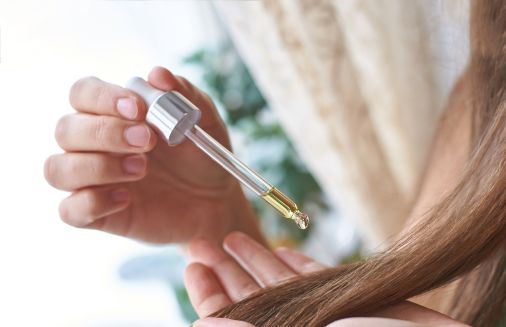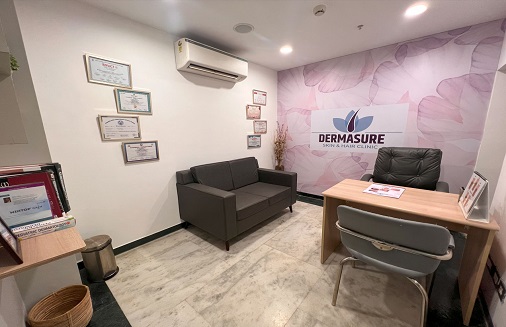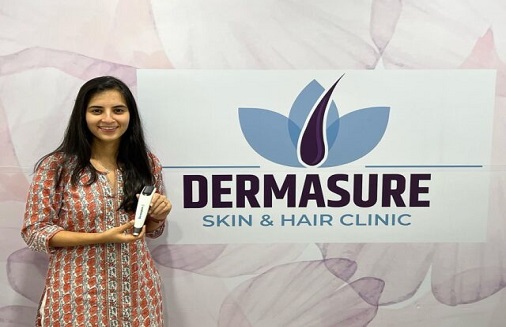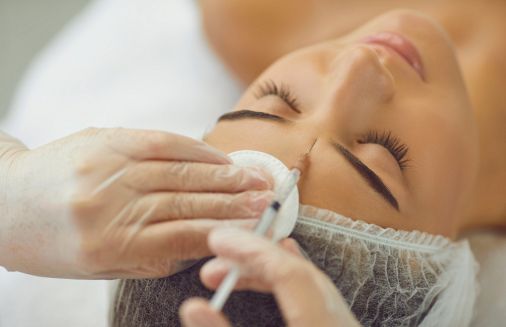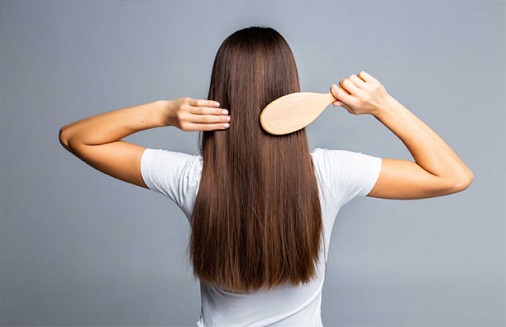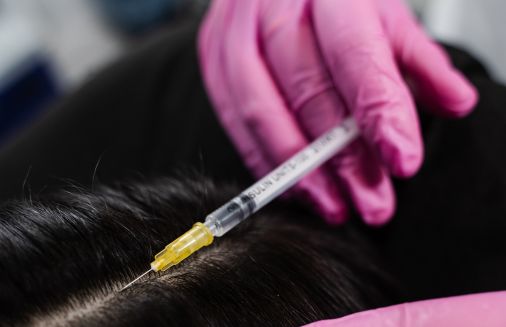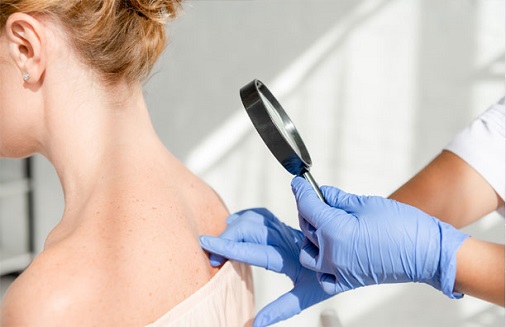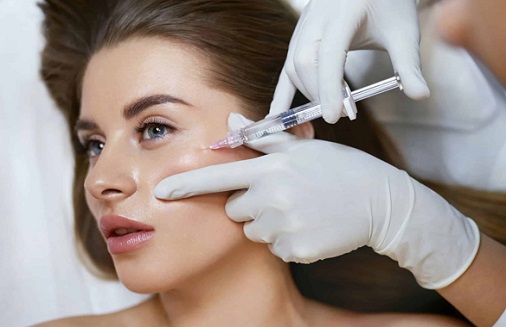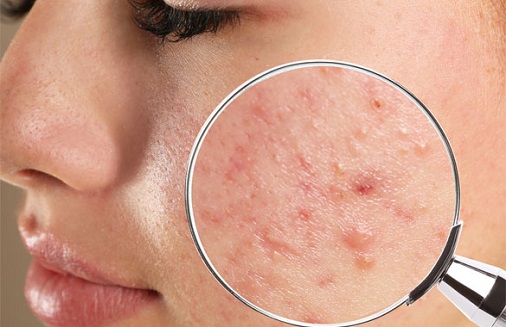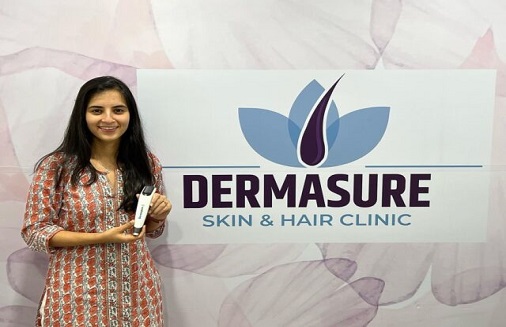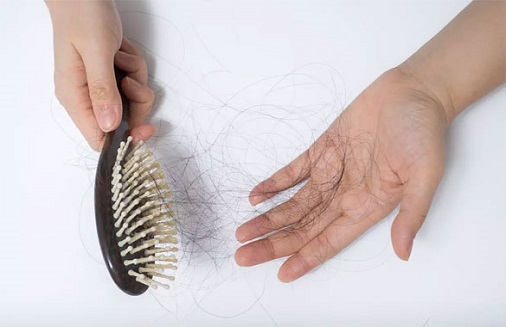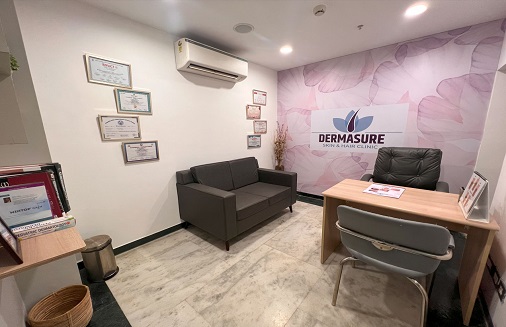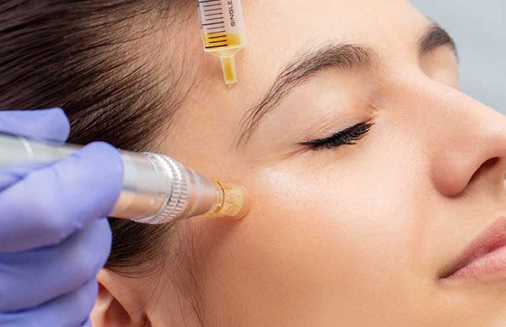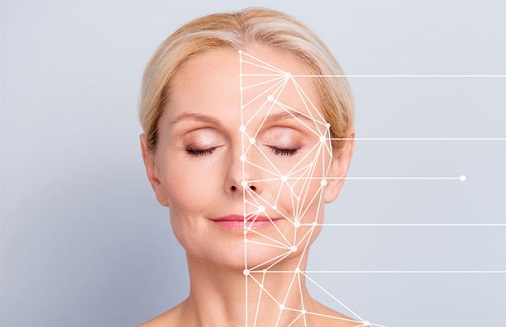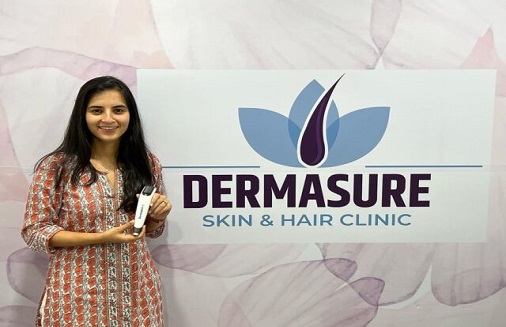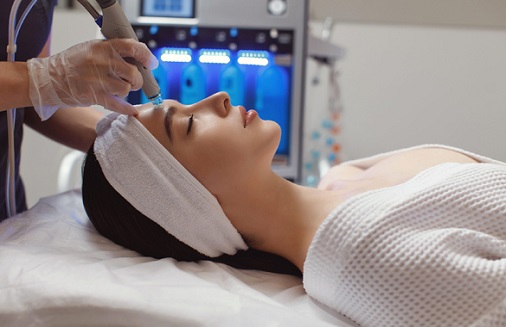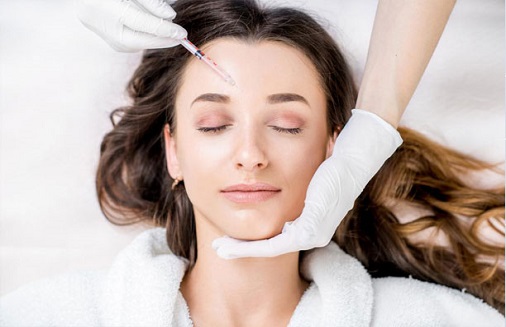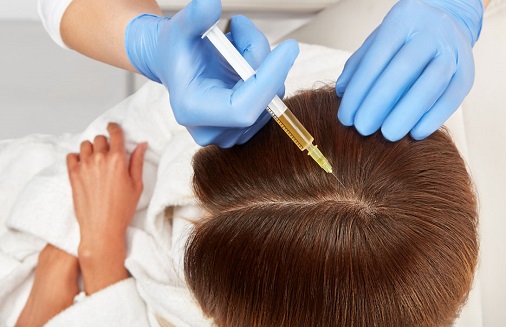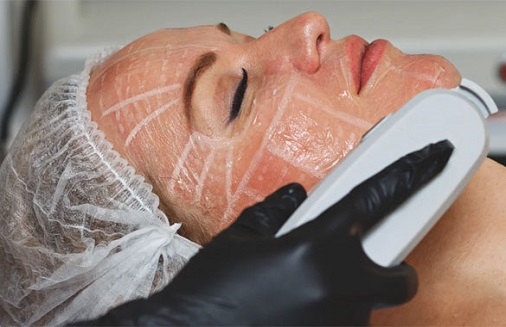
Everyone knows that retinol products have a serious effect on your skin when it comes to achieving glowing radiance. Their vitamin-induced formula reduces pigmentation and prevents clogged pores. This results in smoothing fine lines and fading acne scars, this family of vitamin A has been long researched by skin experts to know.
Today you’ll see options can be overwhelming: now, you’ll find products displaying retinol (the most commonly known retinoid) along with other skincare products that contain ingredients like retinal, tretinoin via retinol esters, retinaldehyde, and natural retinol supplements.
Retinoids are a broad class of skincare ingredients derived from vitamin A, and they both vary in the degrees of potency. Retinol, retinal & retinoic acid, sometimes also known as tretinoin, all come under the types of retinoid.
While retinol is the most common over-the-counter form and, as the alcohol form of vitamin A, mainly requires two conversion steps in the skin to become the active form (retinoic acid). Retinal, on the other hand, is just one step away from conversion to retinoic acid, making it more effective than retinol formula.
Although retinols and retinoids are both vitamin A derivatives used in skincare products but have some key differences:
- Type of vitamin A derivative is the main difference between these two types of retinol. According to some studies, retinol is a type of retinoid, but retinoids also include other vitamin A derivatives.
- Retinol products are less concentrated and are moregentler on the skin than prescription retinoids.
- Retinol and other pro-retinol ingredients need to be converted by the body to retinoic acid, the most potent form of vitamin A. This means that retinol takes longer to work than retinoids.
- Its uses include treating acne and fading the appearance of wrinkles and fine lines. Retinoids can be used to treat skin conditions like psoriasis, acne, rosacea, and hyperpigmentation.
- Its side effects may include both retinol and retinoids that can cause side effects like skin irritation, dryness, redness, and sun sensitivity.
- Retinol is often available over-the-counter, while retinoids may require a prescription.
- Pregnant women or those trying to get pregnant should avoid retinol and retinoids.
But the closing statement is, whenever looking to include retinol in your nighttime routine or retinoids, it’s important to speak with a skin specialist before applying directly to the skin. For a better consultation, contact Dr. Shirin Bakshi, the leading female dermatologist in Delhi.
How To Use Retinol?
According to some experts, autumn and winter are the best time to introduce retinoids to your skincare routine because they boost cell growth and, as the retinoid family is photoreactive, it is best if you receive less UV exposure.
Can They Be Used Together?
Retinol and retinal can be paired together for use but it depends on the formulation and the individual’s skin type. If you combine both retinol and retinal, there may be a possibility of the retinal acting more quickly, this helps also to avoid oversaturation too quickly and hence minimises irritation.
Serums are the best way to deliver nutrients into the skin via your skin routine right before toners or moisturisers. These formulas are designed to deliver the nutrients into the deeper dermal layers in a good way.
Experiencing pigmentation?
Consult Delhi’s best dermatologist from Dermasure Clinic.


